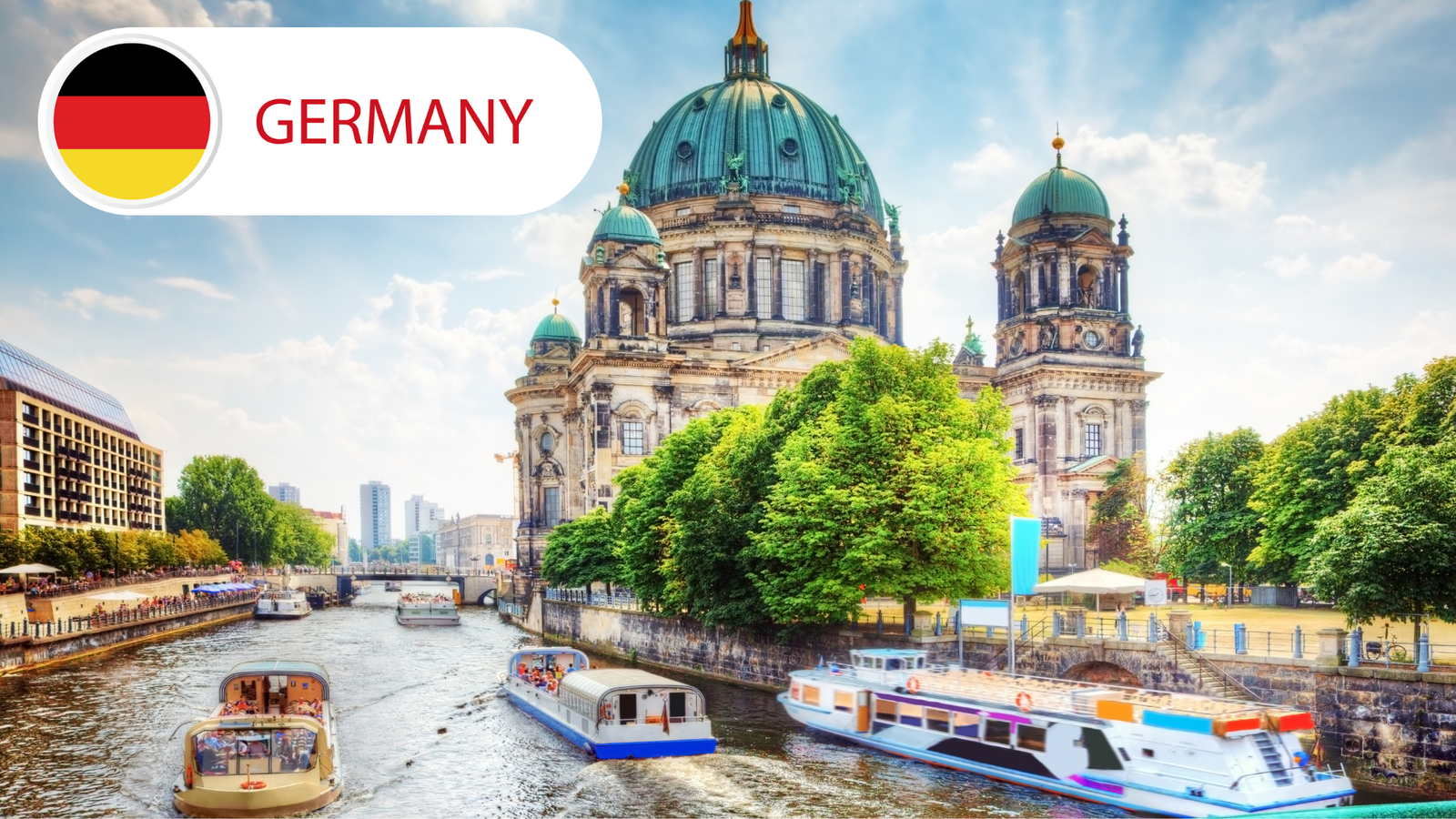
Why Study in Germany?
Germany offers world-class education, cutting-edge research opportunities, and a strong emphasis on innovation and practical skills. With over 2,000 English-taught programs, German universities are a top destination for international students, including those from Bangladesh.
Public universities in Germany typically charge no tuition fees for most programs, even for international students—making it one of the most affordable options in Europe. The country also offers a high standard of living, excellent infrastructure, and vibrant multicultural cities.
Students in Germany benefit from globally recognized degrees, a strong job market—especially in fields like engineering, IT, business, and healthcare—and access to internships and industry partnerships. Studying in Germany also opens doors to attractive post-study work and permanent residency options within Europe’s largest economy.
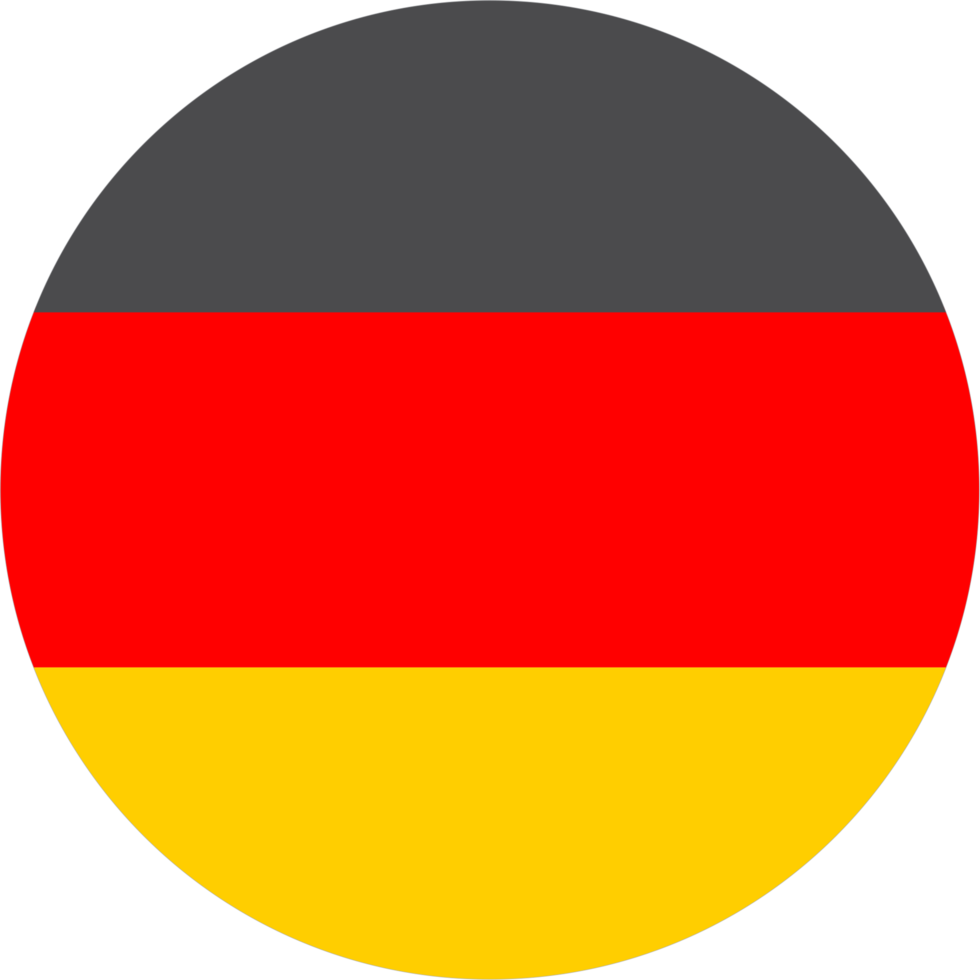
- Study in
Germany
Study Programs in Germany
Study Programs in Germany for International (including Bangladeshi) Students:
Schooling / Primary & Secondary Education
Germany offers public, private, and international schools for children of all backgrounds. Public schools are tuition-free and follow the German national curriculum, while international schools provide globally recognized curricula such as the IB, British A-Levels, or American High School Diploma. Tuition fees apply in private and international schools.
Diploma & Vocational Programs
Germany is renowned for its dual vocational training system (Ausbildung), which combines classroom learning with paid on-the-job training. Programs are available in fields like engineering, IT, healthcare, logistics, hospitality, and skilled trades. These programs are ideal for students seeking practical, employment-focused education.
Bachelor’s Degrees
German public universities offer a wide range of undergraduate programs, many of which have no tuition fees. While most bachelor’s programs are taught in German, an increasing number of English-taught courses are available, especially in STEM, business, and social sciences.
Master’s Degrees
Germany is highly attractive for international students pursuing master’s studies. Many public universities offer low-cost or tuition-free English-taught master’s programs in fields like engineering, computer science, management, sustainability, public policy, and more. Strong industry connections and internship opportunities enhance employability.
PhD Programs
Doctoral studies in Germany are research-intensive and well-funded. PhD candidates typically work under a professor in structured programs or individual research projects. Fields include natural sciences, engineering, economics, and humanities. Many programs are conducted in English, especially at top research universities and institutes like the Max Planck Society and Helmholtz Association.

- Study in
Germany
Step-by-Step Guide
🇩🇪 Step 1: Research Universities and Programs
Explore German universities offering English-taught or German-medium programs. Identify institutions that suit your academic background and career ambitions. Key focus areas include engineering, IT, business, medicine, and environmental sciences.
🇩🇪 Step 2: Check Eligibility Requirements
Review academic prerequisites, GPA requirements, and specific subject requirements for your chosen program. For English-taught programs, IELTS or TOEFL scores are required. For German-medium programs, proficiency in German (TestDaF, DSH, or Goethe-Zertifikat) is necessary.
🇩🇪 Step 3: Prepare and Submit Applications
Apply via the university’s online portal or through the centralized platform Uni-Assist, if applicable. Required documents include transcripts, CV, statement of purpose/motivation letter, letters of recommendation, and language test scores. Translate all documents into German or English as required.
🇩🇪 Step 4: Explore Scholarships & Funding Options
Look for scholarships such as DAAD, Erasmus+, or university-specific grants. Some programs offer tuition waivers or living stipends for non-EU students based on merit or need.
🇩🇪 Step 5: Receive Offer and Accept Admission
Once admitted, follow the university’s instructions to confirm your spot. Most public universities have low or no tuition fees, but a semester contribution (~€250–€400) is usually required.
🇩🇪 Step 6: Apply for Student Visa (National Visa – Type D)
Apply at the German Embassy in Dhaka. Submit your admission letter, proof of financial resources (typically via a blocked bank account with around €11,208 for one year), valid health insurance, academic documents, and other supporting materials.
🇩🇪 Step 7: Arrange Accommodation and Insurance
Book student housing, university dormitories, or private rentals. Ensure you purchase valid German health insurance covering your entire stay, as it is mandatory for visa approval and enrollment.
🇩🇪 Step 8: Plan Travel and Arrival
After receiving your visa, book your flight and prepare for arrival. Keep documents such as visa, admission letter, proof of funds, and accommodation details readily available. Attend any university-arranged orientation or pre-departure sessions if offered.

- Study in
Germany
Explore Our Partner Universities
Accadis Hochschule Bad Homburg – University of Applied Sciences
Arden University, Germany
Berlin School of Business and Innovation Berlin
Berlin School of Business and Innovation Humburg
Constructor University, Bremen
EBS University
EIIE Eurasia Institute for International Education GmbH
EU Business School Munich
FOM University of Applied Sciences Essen
FOM University of Applied Sciences for Economics and Management
GISMA Business School Berlin
GISMA Business School Potsdam
Hamburg School of Business Administration
International Graduate Center, Hochschule Bremen City University of Applied Sciences
International Studienkolleg Braunschweig, Braunschweig
IU International University of Applied Sciences -Berlin
Macromedia University of Applied Sciences
Mediadesign Hochschule fur Design and Informatik GmbH
Mediadesign Hochschule fur Design and Informatik GmbH – Online
Munich Business School
New European College
SRH Fernhochschule – The Distance Learning University
SRH University
Steinbeis School of Management and Innovation GmbH Germany
University of Europe for Applied Sciences
XU Exponential University
International School of Management GmBH – Online
International School of Management GmBH, Germany


- Study in
Germany
🇩🇪 Average Tuition Fees in Germany (2025)
Primary & Secondary School (International Schools)
€5,000 – €15,000 per year
International schools offering British, American, or IB curricula charge tuition fees. Public schools are tuition-free but mainly teach in German.
Bachelor’s Degree (Public Universities)
Usually tuition-free or minimal semester fees (€250 – €350 per semester)
Most public universities in Germany do not charge tuition fees for undergraduate studies, except for some federal states and non-EU students where fees can apply. Semester fees cover administration, public transport, and student services.
Master’s Degree (Public Universities)
Tuition-free or €1,500 – €3,000 per year (for non-EU students in some states)
Many master’s programs are tuition-free, but some universities or states charge fees for non-EU students or specialized programs. Semester fees apply similarly to bachelor’s programs.
PhD Programs (Public Universities)
Typically no tuition fees; only semester fees (€250 – €350 per semester)
PhD candidates usually pay only administrative fees, with many funded through scholarships, research grants, or assistantships.
Private Universities / Business Schools (All Levels)
€10,000 – €30,000+ per year
Private institutions charge significantly higher tuition. MBA and executive programs at prestigious business schools can cost upwards of €30,000 annually.
Visa Categories for Study in Germany

Short-Term Schengen Visa (Type C)
For study-related visits up to 90 days.
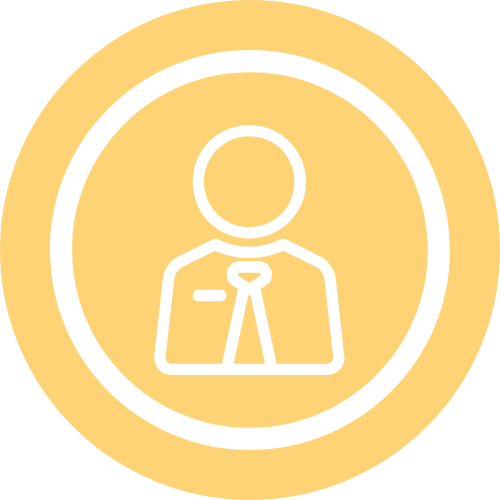
National Visa for Study Purposes (Type D)
For studies longer than 90 days (degree or non-degree programs).
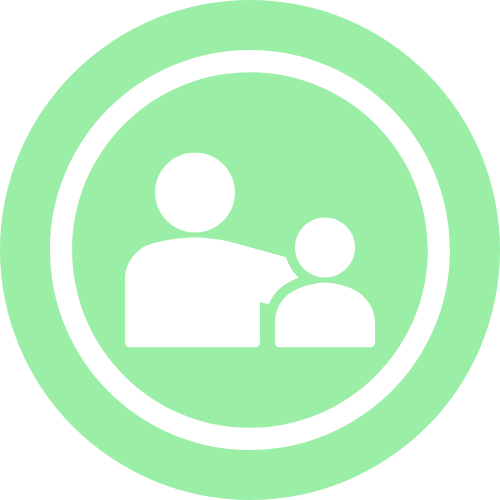
Residence Permit for Study
Valid for the duration of the study program, renewable.
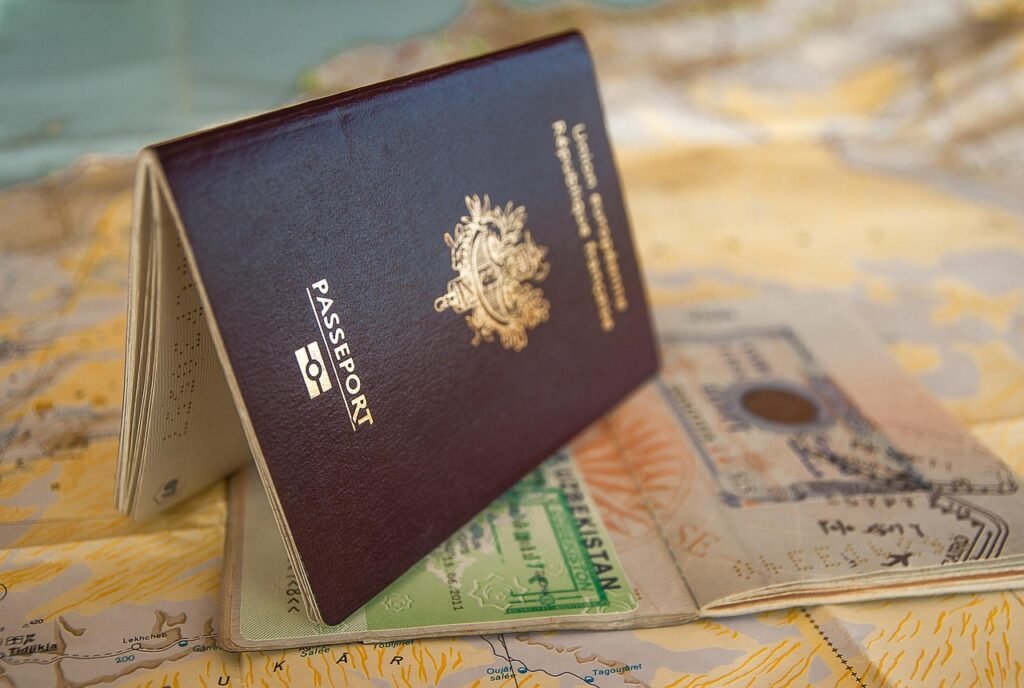
Visa Application Checklist
Germany Student Visa Application Checklist (Bangladesh)
Completed Application Form
Filled out and signed student visa application form (National Visa – Type D) available from the German Embassy or Consulate website.Valid Passport
Must be valid for at least 6 months beyond your intended stay in Germany and have at least two blank pages.Admission Letter
Official acceptance letter (Zulassungsbescheinigung) from a recognized German university or higher education institution confirming full-time enrollment.Proof of Financial Means
Evidence showing you have sufficient funds to cover living expenses, tuition (if any), and return travel. Usually, this is demonstrated by a blocked account (Sperrkonto) with at least €11,208 per year, scholarship award letter, or sponsor letter.Proof of Accommodation
Documents confirming where you will stay in Germany — rental agreement, dormitory confirmation, or invitation letter from host with address.Passport Photos
Recent biometric passport-sized photographs meeting German visa photo specifications.Travel Itinerary
Flight reservation or detailed travel plan (optional but recommended).Health Insurance
Valid health insurance covering your entire stay in Germany (public or private insurance accepted).Academic Certificates and Transcripts
Copies of previous degrees, diplomas, transcripts, and school leaving certificates.Language Proficiency Proof
If required by the university, provide proof of German language proficiency (e.g., TestDaF, DSH) or English proficiency (IELTS, TOEFL) for English-taught programs.Police Clearance Certificate
Certificate of good conduct issued by Bangladesh Police, legalized and translated into German or English.Medical Certificate
Issued by an authorized doctor confirming you are free from any communicable diseases, translated into German or English.Parental Consent (If under 18 years old)
Notarized parental authorization for minors traveling alone or with one parent, translated into German or English.Payment Receipt of Visa Fee
Proof of visa application fee payment (approx. €75 or local equivalent in BDT).Biometric Data Submission
Schedule and complete biometric data submission at the German Embassy in Dhaka or the authorized Visa Application Centre.
Additional Notes:
All documents not in German or English must be officially translated by a certified translator.
Originals may be requested during the visa interview.
Photocopies of all documents should be prepared as per embassy requirements.

- Study in
Germany
Job and PR Pathways After Study
Job and PR Pathways After Study in Germany
Job Search Visa (18-month Job Seeker Visa):
After completing a recognized degree in Germany, international graduates can apply for an 18-month residence permit to look for a job related to their studies. This allows you to stay legally in Germany while searching for employment or starting a business connected to your qualifications.Employment Opportunities:
Germany offers strong job prospects in sectors like engineering, IT, automotive, healthcare, finance, and manufacturing. German language skills are highly beneficial, but there are also English-speaking roles, especially in multinational companies and larger cities like Berlin, Munich, and Frankfurt.Work Permit (Residence and Work Authorization):
Once you receive a job offer relevant to your qualifications, your employer can support your application for a work permit. The job must meet salary and labor market conditions under German law. Alternatively, you may apply for self-employment permits if you plan to start your own business.Permanent Residency (Settlement Permit):
After 33 months of legal residence in Germany (or 21 months if you demonstrate sufficient German language proficiency), including time on a student or job seeker visa, you may apply for permanent residency. This permits unrestricted work and residence rights.Pathway to German Citizenship:
Generally, after 8 years of legal residence (can be reduced to 7 years with integration courses), you may apply for German citizenship. Applicants must demonstrate language proficiency (usually B1 level), knowledge of German society and laws, and financial independence.

- Study in
Germany
Our Support During the Process
We’re with you at every step — from your first consultation to settling into life in Germany and beyond, ensuring a stress-free, informed, and successful journey.
Personalized consultation at every stage — We take the time to understand your academic goals, financial situation, and personal preferences to guide you toward the best-fit study options in Germany.
One-on-one support for admission, visa, and travel — Dedicated assistance with university applications, document preparation, student visa submissions, and travel arrangements.
Always accessible — Connect with us via call, WhatsApp, email, or in person — whatever suits you best.
Regular updates, reminders, and document reviews — Stay on track with timely updates, important deadline reminders, and careful review of your documents to avoid errors or delays.
Post-arrival check-ins and alumni mentoring — We stay connected after you arrive in Germany, offering ongoing support and linking you with alumni who’ve successfully made the journey.
Support for job search and PR planning — Guidance on job opportunities in Germany, CV/resume building, and advice on post-study work permits and long-term residency pathways.





